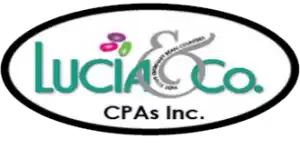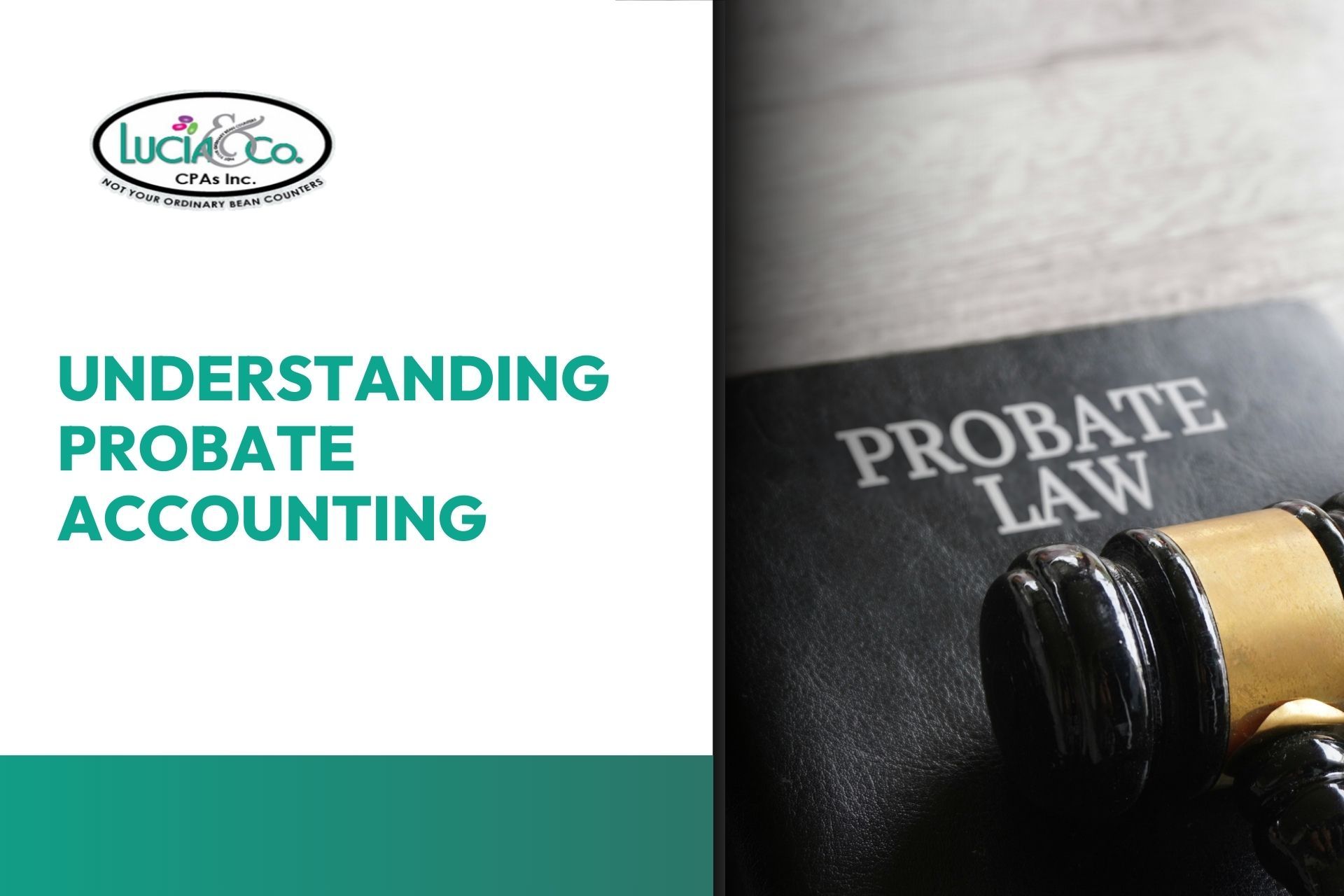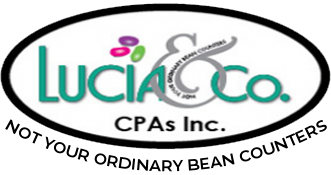Probate accounting is an essential aspect of estate administration, ensuring transparency, compliance, and clarity during the often-complex probate process.
This guide explores the fundamentals of probate accounting, its role, challenges, and how professional services can provide invaluable assistance. Whether you’re an executor, a beneficiary, or simply seeking to understand this process, this article offers comprehensive insights into probate accounting.
What Is Probate Accounting?
Probate accounting refers to the systematic recording and reporting of all financial transactions related to an estate during probate. It involves documenting every inflow and outflow of funds, tracking distributions to heirs, and reconciling accounts to provide a clear financial overview. Executors, fiduciaries, and personal representatives are often required to present this detailed report to beneficiaries and the court.
The goal of probate accounting is to ensure that the estate is managed responsibly and that all parties involved can access an accurate financial record. This transparency helps prevent misunderstandings or disputes while complying with legal obligations.
Why Is Probate Accounting Important?
The importance of probate accounting cannot be overstated, as it serves several key purposes:
- Legal Compliance: Probate laws require executors to account for every financial transaction during estate administration. Failure to comply can result in legal consequences or removal from the role.
- Protecting Executors: Accurate probate accounting shields executors from allegations of mismanagement or impropriety by providing a transparent financial trail.
- Ensuring Fair Distribution: Beneficiaries gain confidence in the fairness of asset distribution when detailed financial records are presented.
- Preventing Disputes: Misunderstandings or perceived inequities can lead to family conflicts. Clear records minimize these risks.
The Probate Accounting Process
The probate accounting process generally unfolds in the following steps:
Step 1: Gathering and Valuing Assets
Executors begin by identifying and valuing the deceased’s assets. This includes bank accounts, investments, real estate, personal property, and other valuables. Accurate valuation is critical for determining the estate’s total worth and calculating taxes or debts.
Step 2: Paying Debts and Expenses
Before distributing assets, the estate’s debts, taxes, and administrative expenses must be settled. This includes outstanding bills, legal fees, and funeral costs.
Step 3: Recording Transactions
Every financial transaction must be meticulously recorded. This includes income generated by the estate, such as rent or dividends, and disbursements for expenses or creditor payments.
Step 4: Preparing and Submitting Reports
Executors compile the data into a detailed probate accounting report, which typically includes:
- Opening Inventory: The initial list of assets and their valuations.
- Receipts: Income or other funds received during the probate period.
- Disbursements: Payments made for debts, taxes, or estate-related costs.
- Distributions: Assets transferred to beneficiaries.
- Closing Statement: A summary of the remaining estate balance.
Step 5: Court Approval and Beneficiary Review
The accounting report is submitted to the probate court and shared with beneficiaries. Once approved, the executor can proceed with final distributions and close the estate.
Common Challenges in Probate Accounting
Despite its structured process, probate accounting presents several challenges:
1. Locating All Assets
Executors often face difficulties identifying and accessing all assets, especially if the deceased left incomplete records. Hidden bank accounts, unclaimed investments, or unknown properties can complicate the process.
2. Managing Complex Assets
Valuing unique or illiquid assets like art collections, antiques, or privately held businesses can be challenging and may require professional appraisals.
3. Handling Beneficiary Disputes
Disputes can arise if beneficiaries feel the distribution is unfair or suspect mismanagement. Detailed records and professional guidance help prevent or resolve conflicts.
4. Tax Implications
Executors must navigate estate taxes, income taxes, and other financial obligations. Errors in tax reporting can lead to penalties or delays.
5. Time and Emotional Strain
Managing probate accounting alongside grieving can be overwhelming for executors, particularly in large or contentious estates.
Tools and Resources for Probate Accounting
Modern tools and professional services make probate accounting more manageable. Consider these options:
Probate Accounting Software
Digital tools like estate management software simplify record-keeping, calculations, and report generation. Many programs are user-friendly and designed to comply with probate laws.
Professional Accounting Services
Certified public accountants (CPAs) with probate experience can provide invaluable assistance. They ensure accurate reporting, help with tax filings, and offer expert advice on complex financial matters.
Legal Counsel
Probate attorneys guide executors through the legal requirements of probate accounting. They can address disputes, clarify legal obligations, and represent the estate in court if necessary.
When Should You Seek Professional Help?
While some estates are straightforward and manageable, others require expert intervention. Consider hiring professionals if:
- The estate includes high-value or complex assets.
- There are conflicts or disputes among beneficiaries.
- Tax obligations are significant or unclear.
- You lack the time or expertise to handle accounting tasks.
Probate Accounting and Taxes
Taxes are a critical aspect of probate accounting. Executors must file the deceased’s final income tax return, pay estate taxes if applicable, and handle any unpaid taxes from prior years. Proper accounting ensures that these obligations are met without penalties.
Additionally, executors should understand the tax implications of asset distributions, as beneficiaries may owe taxes on certain inheritances. Consulting a CPA ensures compliance with all tax requirements.
How Lucia & Co. CPAs, Inc. Simplifies Probate Accounting
Probate accounting demands accuracy, organization, and legal expertise. Lucia & Co. CPAs, Inc. specializes in guiding executors through every stage of the process. Our team offers:
- Accurate Record-Keeping: We document all financial transactions meticulously, ensuring transparency and compliance.
- Tax Expertise: From filing tax returns to calculating estate taxes, our CPAs handle all tax-related matters with precision.
- Conflict Resolution: We provide clear, professional reports to address concerns from beneficiaries or creditors.
- Personalized Support: No two estates are alike. Our tailored approach ensures your unique needs are met efficiently.
Why Choose Lucia & Co. CPAs, Inc.?
With years of experience in probate accounting, Lucia & Co. CPAs has a proven track record of delivering exceptional results. Our dedicated professionals combine technical expertise with compassionate guidance, making the probate process smoother for everyone involved.
Contact Lucia & Co. CPAs, Inc. today to schedule a consultation. Let us take the stress out of probate accounting and ensure your estate administration is handled with care and precision.




